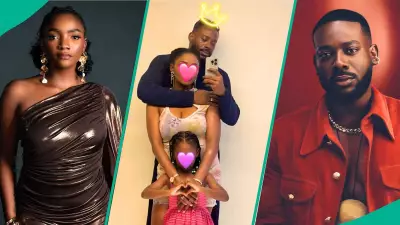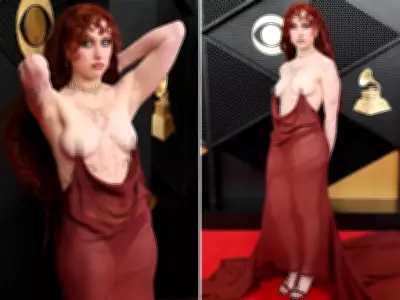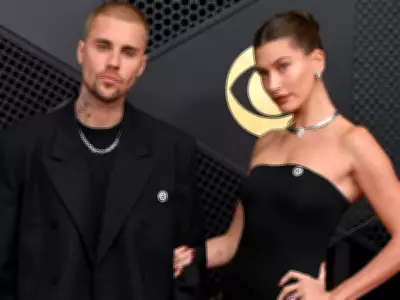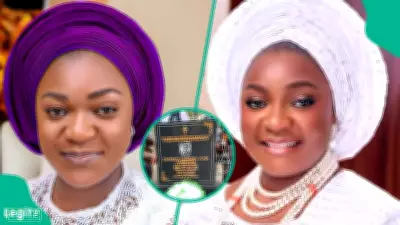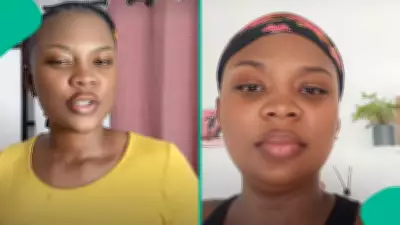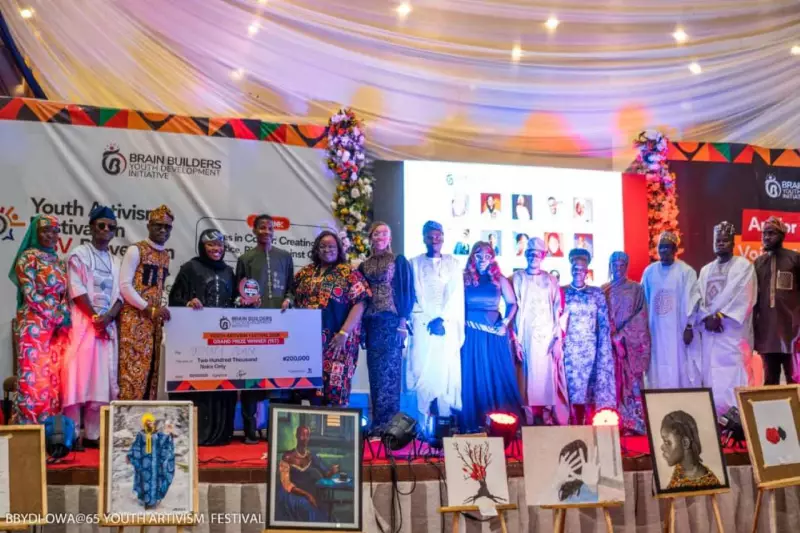
In a powerful display of creative resistance, young Nigerian artists are turning canvases into cries for justice and performances into protests against the scourge of gender-based violence plaguing their communities.
Art as a Weapon for Social Change
The recent Ilorin Arts Festival became an unexpected battleground where paintbrushes and poetry replaced placards, as a new generation of activists used their artistic talents to confront uncomfortable truths about violence against women and girls.
Visual artist Amina Yusuf captured attention with her striking installation featuring torn fabrics and broken mirrors, symbolizing the shattered lives and dignity of survivors. "Art speaks where words fail," she explained. "When a woman sees her reflection in those broken pieces, she understands that the violence wasn't her fault—the system failed her."
The Youth Take Center Stage
What made this movement particularly remarkable was its youth-led nature. University students, recent graduates, and even secondary school artists dominated the festival, bringing fresh perspectives to Nigeria's ongoing conversation about gender equality and safety.
Performance artist Chike Okafor left audiences spellbound with his interpretive dance depicting the cycle of abuse and the struggle for liberation. "Our generation is tired of waiting for change," Okafor stated passionately. "We're using every tool we have—including our art—to demand a safer Nigeria for our sisters, mothers, and daughters."
Beyond Aesthetics: Art with Purpose
The festival showcased various art forms serving as educational tools and healing mechanisms:
- Poetry slams featuring raw, personal accounts of survival
- Interactive installations inviting viewers to become part of the solution
- Documentary photography capturing untold stories from rural communities
- Street art transforming public spaces into platforms for awareness
Festival organizer Dr. Zainab Ahmed noted the significant shift in artistic focus. "We're witnessing a renaissance of purpose-driven art. These young creators aren't just making beautiful pieces—they're building a movement."
A Growing National Conversation
The Ilorin event reflects a broader trend across Nigeria, where young people are increasingly using creative expression to address social issues that traditional approaches have failed to solve. As gender-based violence continues to make headlines, artistic protests are becoming crucial in maintaining public attention and pressure on authorities.
The festival concluded with a collective mural project, where survivors and allies contributed to a massive artwork symbolizing hope, resilience, and the collective determination to end gender-based violence in Nigeria once and for all.

